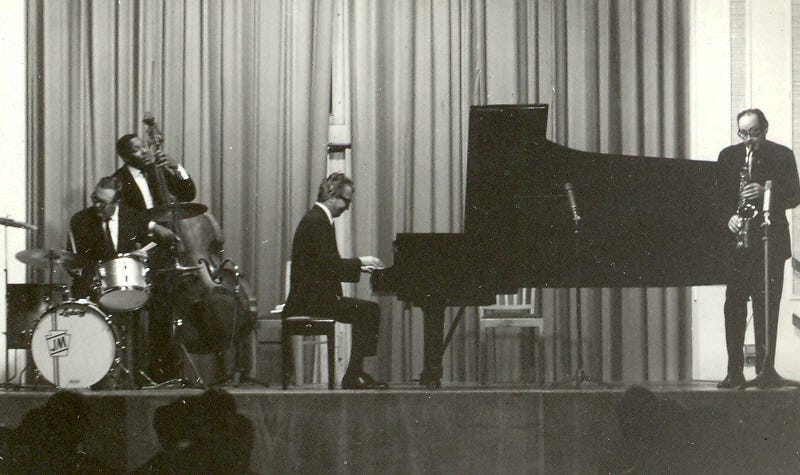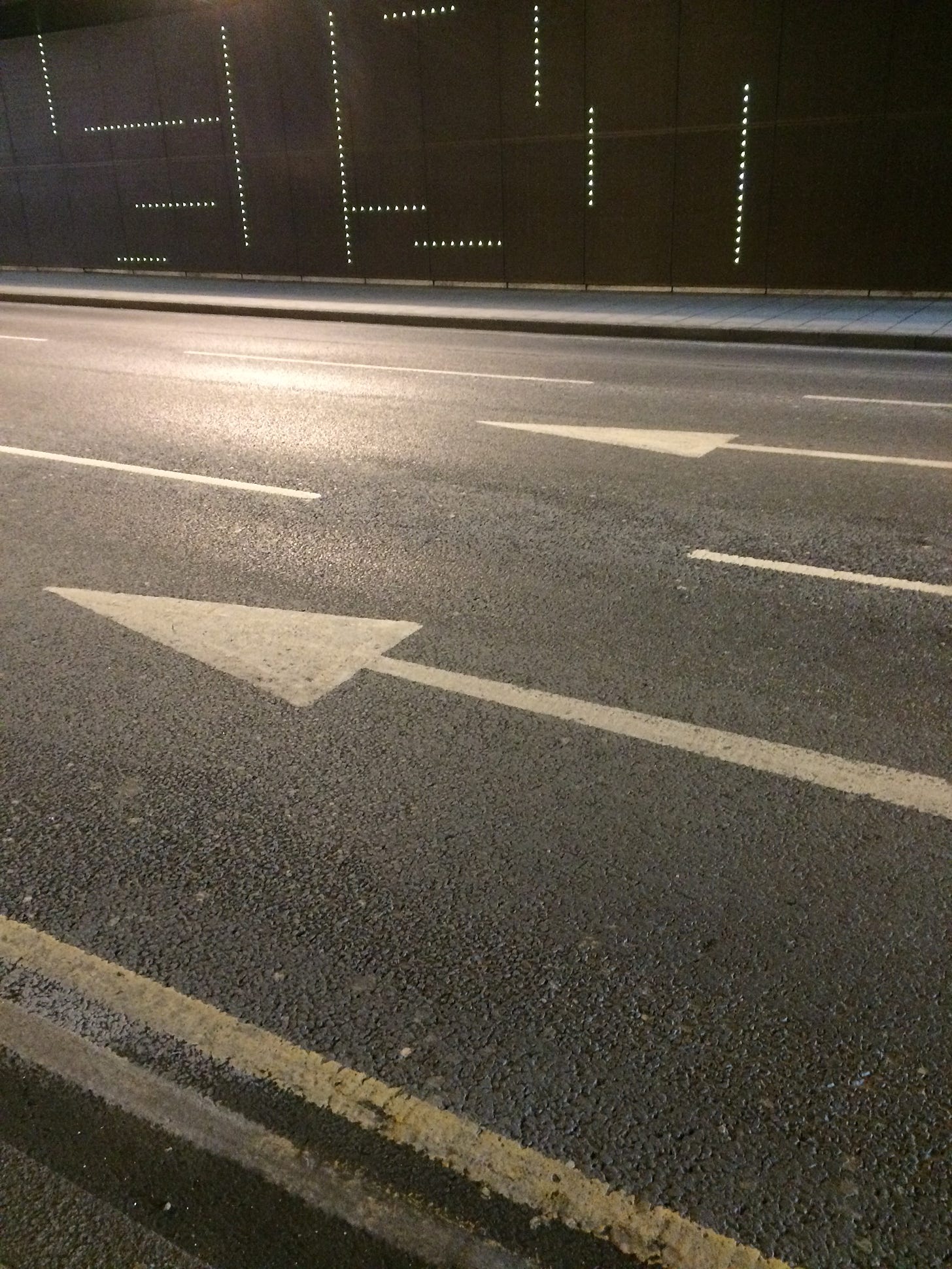I would love to see healthier and more helpful conversations around the good faith questions that many people have around racial justice talk
Also useful would be a steer on what we're meant to do now (apart from signaling to everyone else how not racist we are)
TL;DR
With an open mind and curiosity it's possible to gain useful fresh perspectives on the history of racial injustice. But there are qualities to the discourse - and the way many people advance it - that make doing this harder rather than easier.
Sometimes you learn surprising new perspectives that change your mind about something you'd thought for ages.
An epiphany comes after I drop a casual comment under someone's LinkedIn post. The sort of comment I despise when other people post them. My comment (I notice, on reflection) is designed to demonstrate how on her side I am and to show onlookers how not a racist I am. It's virtue signaling and I wonder why I did it.
Then I do me some learning.
My comment is about how great the jazz pioneer Dave Brubeck was for sticking it to the racists. Brubeck famously responded head-on when authorities weren't happy about him prominently featuring bass player Eugene Joseph Wright onstage. It's a story I've always loved - and often repeated to people. Particularly the money shot, when he pretends he can't hear Eugene properly and brings him to the front of the stage. I can't find a picture of that, but here's Eugene, back left.

Then I decide to revisit the story in more depth. It's often handy to check whether or not you've absorbed a legend rather than a thing that really happened.
Woah. My original perspective takes a hammering.
I find this paper. It's Dave Brubeck's Southern Strategy by Kelsey A. K. Klotz, who's an academic at the University of North Carolina.
Two things happen while I read the paper. What follows will make most sense if you know the original story and then read the paper.
First is my internal reaction. I feel disappointed. Momentarily resentful of Klotz for spoiling what had seemed such a nice story. For not just perpetuating the Brubeck as racial justice hero story many of us love. Instead, she argues plausibly that it was good business for him. But, worse, according to Klotz the very act of standing up for Wright involved keeping him in the shadows, literally because his black skin would get in the way while the white guy sorted things out. She doesn't explicitly say so, but there's some 'white saviorism' going on when we celebrate Brubeck's actions here.1
Second is my intellectual reaction. I buy Klotz's argument and the story now makes me sad for Eugene Joseph Wright again. And recognise that he was still suffering discrimination, even in a moment of supposed liberation.
I think that this is an example of what people sometimes call 'doing the work'. I’m glad I’ve done this particular bit of work.2
Keep reading with a 7-day free trial
Subscribe to Rarely Certain to keep reading this post and get 7 days of free access to the full post archives.


